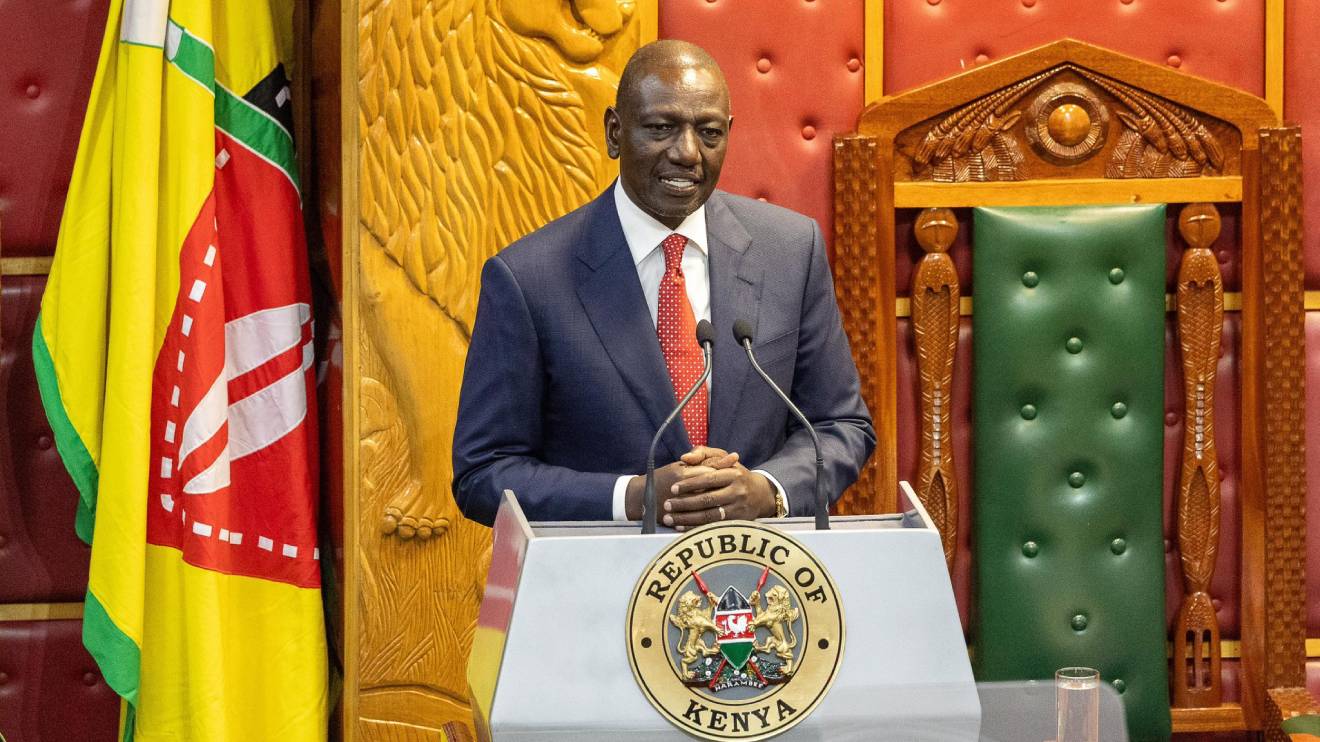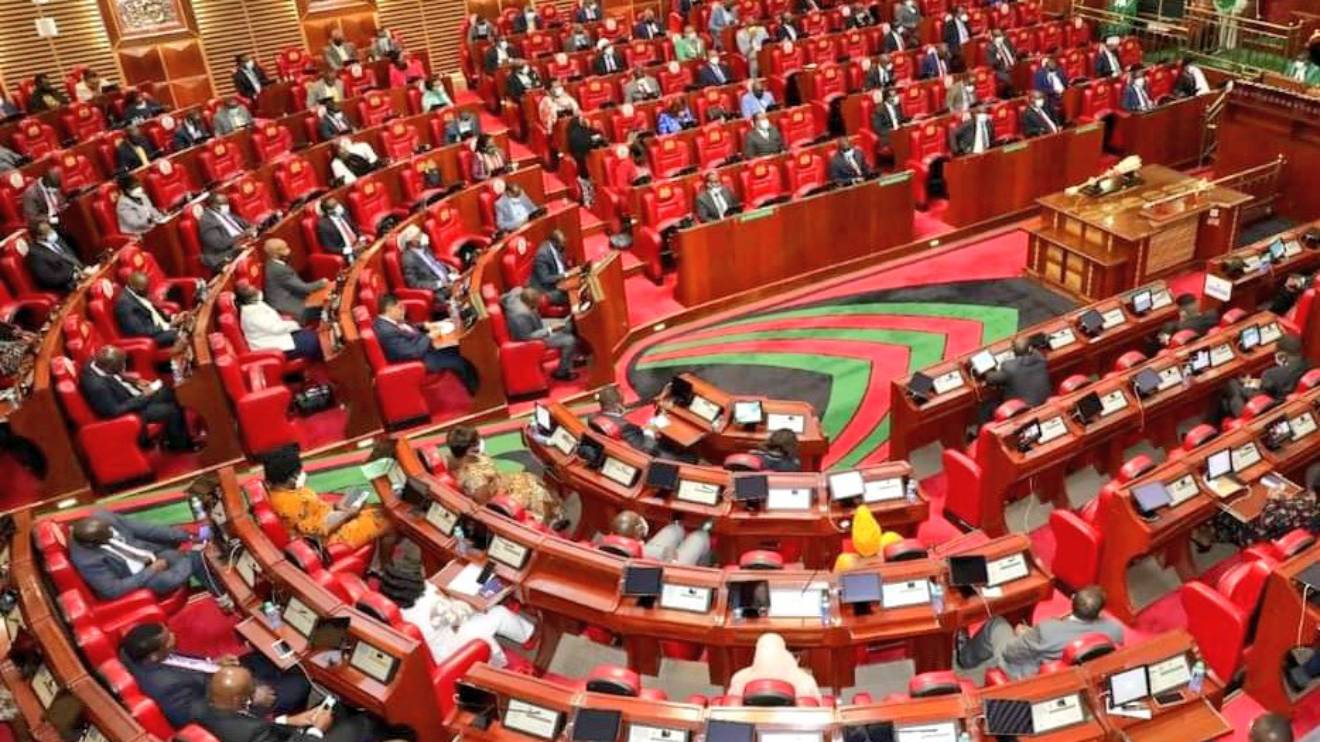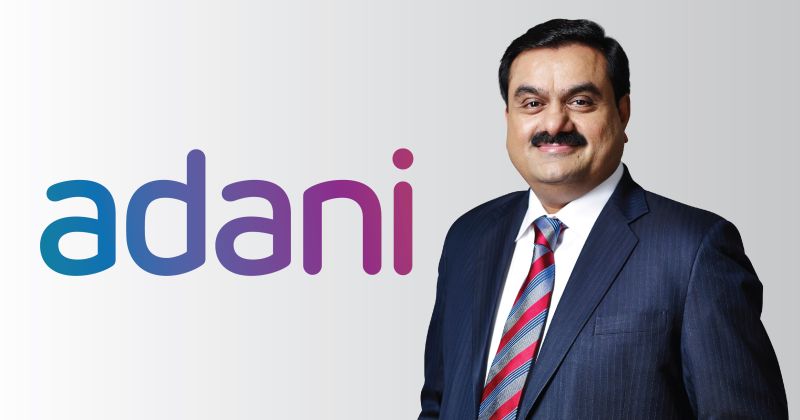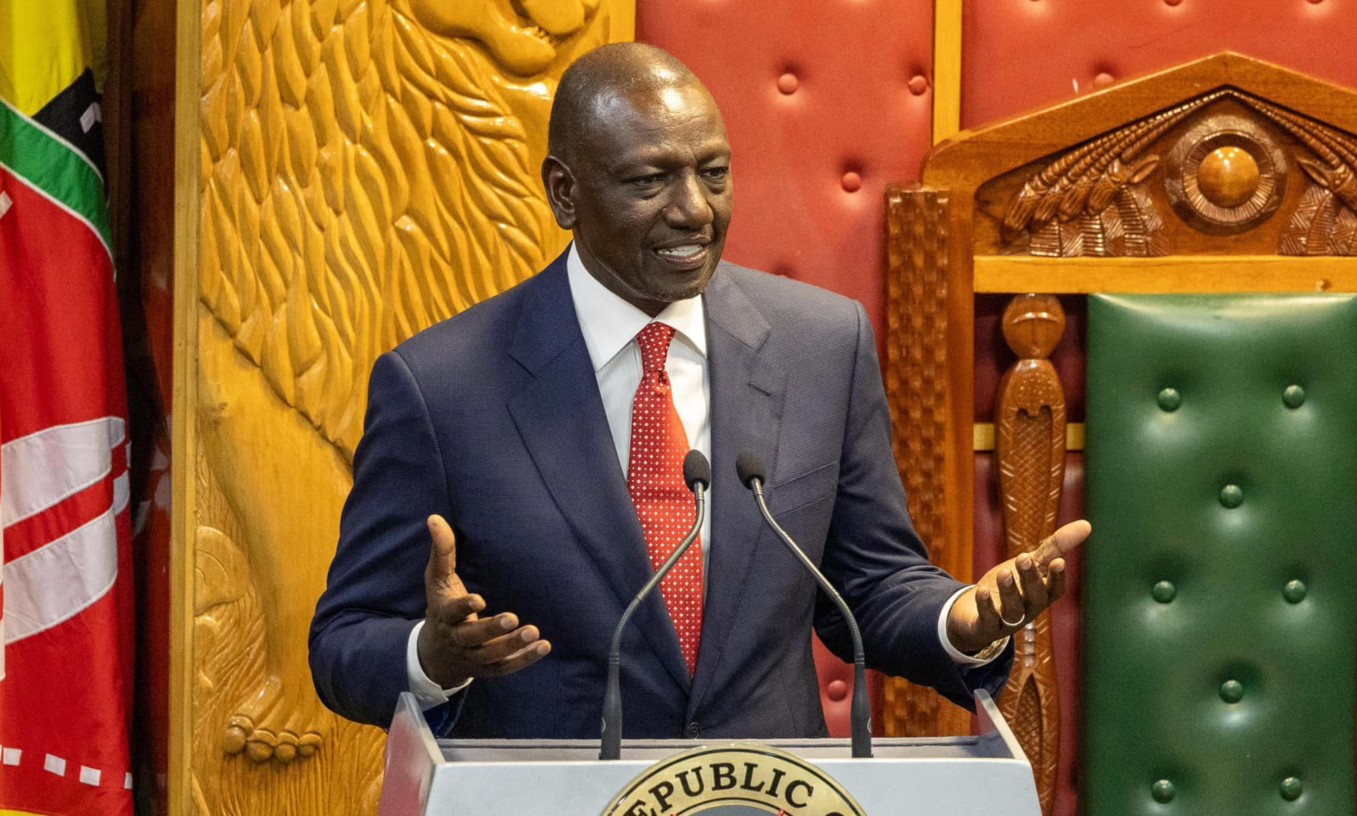As Africa's digital economy expands at an unprecedented rate, governments across the continent face the mounting challenge of modernising their tax systems to keep pace.
According to leading tax policy experts at PWC, traditional taxation frameworks are struggling to adapt to the rapidly evolving trade landscape, driven largely by the surge in online platforms, mobile commerce, and digital services that transcend conventional customs borders.
PWC highlights the significant difficulties African governments now face in updating taxation laws that have not kept up with the shift towards internet-based trade and services.
These complexities, PWC’s Head of Tax and Legal Services, John Kibochi, notes, are exacerbated by the issue of determining where the tax burden should fall.
"The biggest challenge for governments will be balancing domestic tax collection needs with fostering an environment where digital economy players, such as content creators, remain competitive in the international market," Kibochi explained.
Read More
As digital services become a core part of Africa’s economic framework, countries such as Kenya and Uganda have introduced value-added tax (VAT) to target digital services, presenting a potential solution to bridge the gap in revenue collection.
Unlike traditional physical goods, which can be easily monitored and taxed as they pass through customs, the intangible nature of digital services makes them elusive and complicates enforcement efforts.
Kibochi’s remarks follow ongoing efforts by African nations to work closely with international bodies, including the Organization for Economic Co-operation and Development (OECD).
The collaboration seeks to create comprehensive strategies for taxing the digital economy, with initiatives such as the VAT Digital Toolkit offering guidance on how to efficiently apply VAT to digital services.
These efforts aim to provide governments with the tools necessary to address the growing impact of the digital marketplace while ensuring fairness and competitiveness within the global economic landscape.
As African governments grapple with these challenges, the race is on to strike a balance between maximising domestic tax revenues and ensuring that digital economy participants, such as content creators, can thrive in an increasingly competitive global market.





-1732228005.jpg)
-1732185003.jpg)

